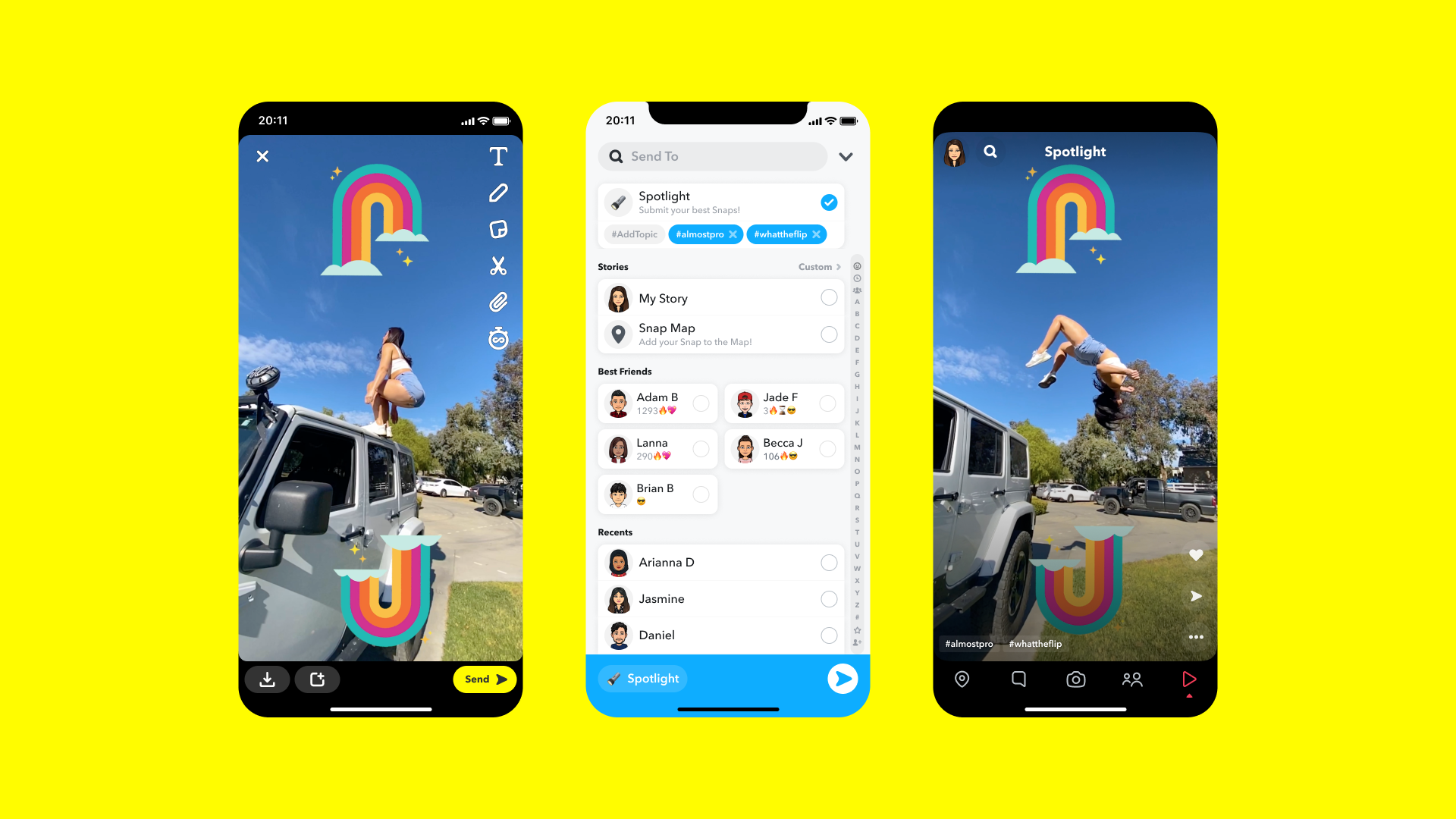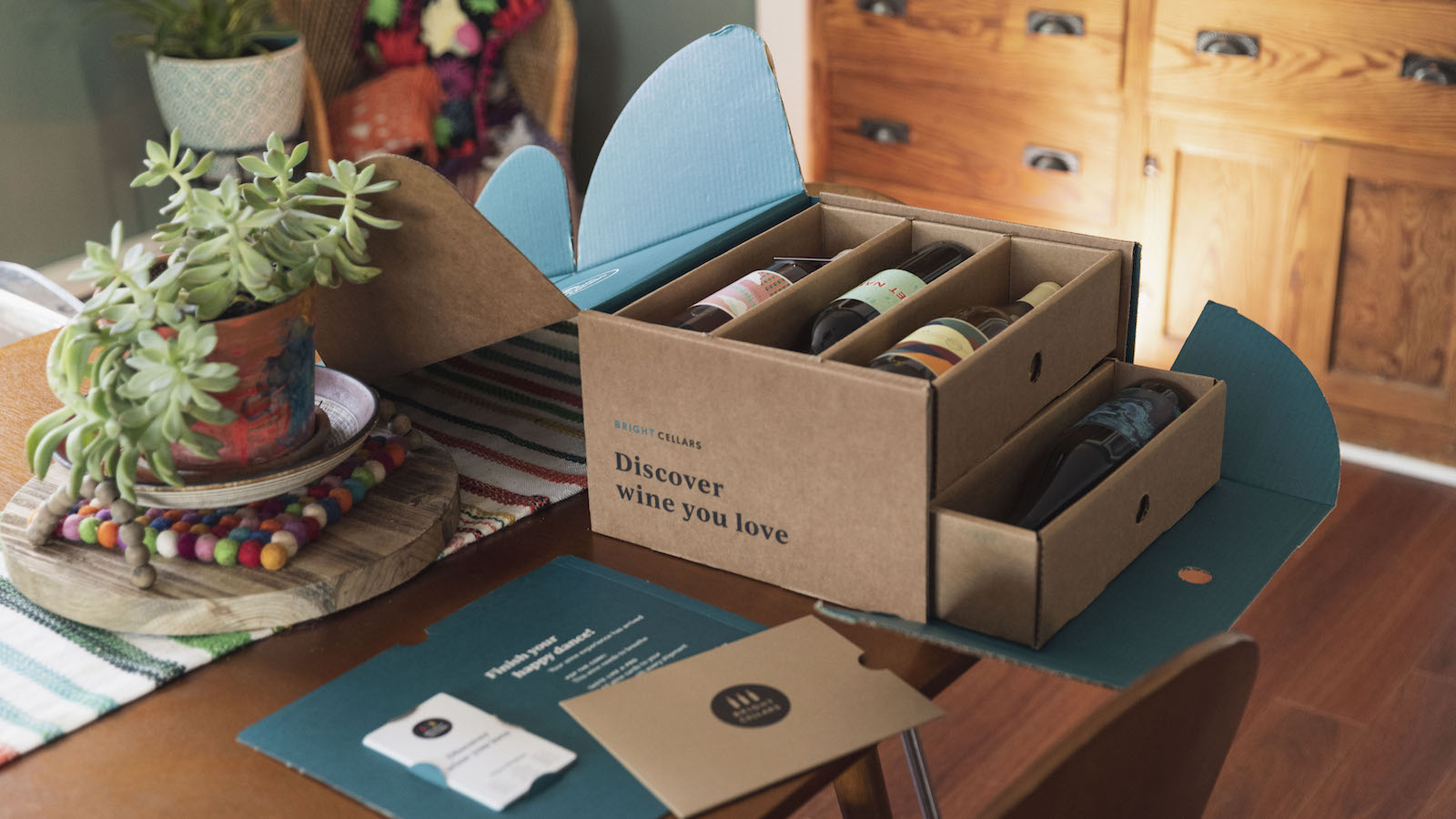| | | | | | | Presented By Bright Cellars | | | | Login | | By Scott Rosenberg ·Nov 23, 2020 | | Welcome to Thanksgiving week at Login. Ina is off for a well-deserved break, so I'm here to keep the newsletter wheels turning. Join Axios' Caitlin Owens tomorrow at 12:30pm ET for a virtual event on the future of health equity, featuring Inova Loudoun Hospital president Deborah Addo, Harvard T.H. Chan School of Public Health professor of health policy Robert J. Blendon, and GE Healthcare United States and Canada president and CEO Everett Cunningham. Today's Login is 1,355 words, about a 5-minute read. | | | | | | 1 big thing: Biden's openings for tech progress |  | | | Photo illustration: Eniola Odetunde/Axios. Photo: Win McNamee/Getty Images | | | | Item No. 1 on President-elect Joe Biden's day-one tech agenda, controlling the flood of misinformation online, offers no fast fixes — but other tech issues facing the new administration hold out opportunities for quick action and concrete progress, Axios' Kyle Daly reports. Closing the digital divide will be a high priority, as the pandemic has exposed how many Americans still lack reliable in-home internet connections and the devices needed to work and learn remotely. - Much of the responsibility for addressing that gap will fall to the Federal Communications Commission, which is certain to make the effort its first priority.
- The FCC's gears don't move fast enough to flood the country with dollars for broadband on Biden's day one. But the FCC could, for instance, move quickly to expand broadband subsidies for schools and libraries to cover in-home internet, as agency veteran Amina Fazlullah notes in a paper for the Day One Project, a bipartisan group.
- Yes, but: That depends on having a functioning agency. Some conservatives are pushing for Senate Republicans to embark on a lame-duck sprint to confirm a Trump nominee to the FCC, which would leave the agency in a partisan deadlock.
Antitrust action against Big Tech is the rare policy area where the Trump administration has set up its successor to take the baton and run with it. - Trump's Justice Department will hand off to Biden's an antitrust lawsuit against Google that argues the company has built a self-reinforcing machine that unfairly smothers competition in online search.
- The view that Google and other tech giants are harmful monopolies is now mainstream among Democrats. Biden's DOJ is unlikely to balk at the case and, if anything, may be more apt to expand it. That could come in concert with Democratic state attorneys general who have been probing Google for other competitive abuses since 2019.
- The same goes for a potential antitrust suit against Facebook, considered likely to emerge soon from the Federal Trade Commission.
Other Trump-era tech imbroglios will likely peter out. - Few expect the Biden administration will have much stomach to pursue Trump's attempts to ban Chinese-owned apps WeChat and TikTok, both of which are largely on ice after courts halted key orders. (The would-be TikTok ban may also be fully called off by Friday.)
- A long-brewing Trump White House effort to back a national 5G network is also widely viewed as a nonstarter under Biden, although it could reemerge in different form.
Between the lines: Biden also has a major opportunity to re-establish stability on matters of tech. "Gov tech" is another realm where Biden may be able to pick up where President Obama left off. - The Trump administration has carried on the work of the U.S. Digital Service and 18F, two agencies founded to improve government systems following the botched launch of Healthcare.gov.
- But 18F has shrunk substantially, while USDS has faced constraints on its ability to, for instance, work directly with states on issues like coronavirus response and updating unemployment systems.
- More enthusiastic backing for this work from Biden would make sense.
|     | | | | | | 2. Meet Spotlight, Snapchat's take on TikTok |  | | | Courtesy: Snapchat | | | | Snapchat Monday launched Spotlight, a video tab within its app that, like TikTok, distributes videos based more on how popular they are than on who created them, Axios' Sara Fischer reports. Of note: To lure users to try the new feature, Snapchat says it will give away $1 million to the creator of the top-performing video on Spotlight each day for the remainder of 2020, and potentially beyond. Why it matters: TikTok's explosive growth has put dominant American social media platforms on notice. Details: - Anyone can upload a video to Spotlight, but videos will only be visible to users' friends unless they specifically set them to be public (and eligible for the reward).
- The Spotlight algorithm surfaces the most engaging Snaps based on a user's personal preferences and past choices. It works tournament-style, distributing videos first to 100 users, and then, if they win engagement, to the next tier of 1,000, and so on.
Snapchat isn't alone in incentivizing creators with cash. In July, TikTok announced a $200 million creator fund that it says will grow to over $1 billion in the U.S. in the next three years. Snapchat has two big ways to differentiate Spotlight from TikTok. - Spotlight is private by default, and doesn't include public comments — both unlike TikTok.
- Snapchat also hopes Spotlight will help its users show off its augmented reality tools, like 3D filters. These features have always been Snapchat's strong suit.
|     | | | | | | 3. An infinity of faces without names | | In a remarkable feature over the weekend, the New York Times demonstrated how far AI-driven software for generating realistic looking (but fake) human faces has come in just a few years. - If you haven't already, go have a look at the story (subscription required), by Kashmir Hill and Jeremy White, and its gallery of metamorphosing miens.
How it works: Hill and White, using software reliant on the machine-learning technique called generative adversarial networks, generated a wide array of portraits of non-existent people. Why it matters: It's another body blow against verifiable reality. Our thought bubble: In AI's early days, theorists described a problem they called "the uncanny valley" — a creepiness that viewers felt when they saw images that weren't obviously unreal (like a cartoon) but weren't good enough to fool the eye. - Today's AI code has clearly climbed out of the uncanny valley and is beginning to scale the peaks of perfect simulation.
Of note: The Times journalists trained their AI on a dataset based on tens of thousands of publicly licensed headshots from Flickr. That means, if you are one of the vast population of Web 2.0 enthusiasts who put their faces on that pioneering photo service back in the 2000s, you just might have contributed a little DNA to the Times' horde of fake faces. |     | | | | | | A message from Bright Cellars | | This wine is made for your palate | | |  | | | | Discover your wine experience with Bright Cellars – a monthly wine club that matches you with wine that you'll love. To get started, take their quiz and get matched with wine specifically for your taste. Order today and get $45 off your first box of 6 personalized bottles of wine and tasting cards. | | | | | | 4. How to fight a digital "infodemic" | | Combatting the global "infodemic" of harmful information online requires structural changes in how states exercise power over tech giants, a new report this month from an international human rights coalition argues. The report, from the Forum on Information and Democracy's Working Group on Infodemics, recommends a broad new set of regulations to govern global digital platforms. They include: - Transparency requirements with tough penalties for violations;
- content moderation rules following human rights principles;
- a "digital building code" approach to software innovation;
- and new safeguards for private message groups to limit the virality of misleading content.
The group is chaired by Maria Ressa, an editor who has faced prosecution in the Philippines for taking on the Duterte government, and former European Parliament member Marietje Schaake. What they're saying: Ressa warned that other countries could easily slip into practices seen in Duterte's Philippines, where extrajudicial killings have become commonplace, cheered on by online extremists. - "Our dystopian present is your future," she said. "It's time to end the whack-a-mole approach of the technology platforms to fix what they have broken."
Why it matters: With the U.S. debate over misinformation stuck in a partisan rut, it's valuable to zoom out on a global view of the problem and consider ideas from a broader set of sources than D.C.'s Republicans and Democrats. Read the report (PDF). |     | | | | | | 5. Lynn Conway, double pioneer, gets IBM apology | | IBM last month offered a public apology to Lynn Conway, a pioneering computer scientist whom the company fired in 1968 when it learned of her gender transition. The big picture: Conway broke new ground in both tech and transgender rights, and IBM's apology, first reported in Forbes, came with a Lifetime Achievement Award. After IBM fired her, Conway went to work at Xerox's fabled PARC lab, and her research in the 1970s was crucial for the development of VLSI (Very Large Scale Integrated) processors. Why it matters: That technique makes possible all of today's "system on a chip" devices — from your smartphone to Apple's new M1 Mac processor. Our thought bubble: All of us — particularly those leading businesses — can ask what injustices are happening under our noses that we can stop right now, rather than waiting decades to make amends. |     | | | | | | 6. Take Note | | On Tap - It's a slow half-week before the Thanksgiving holiday. Enjoy the paucity of virtual industry events.
Trading Places - Baiju Bhatt, cofounder of the youth-oriented stock trading app Robinhood, is stepping down as co-CEO, Fortune reports. Vlad Tenev will remain as CEO, with an IPO rumored.
ICYMI |     | | | | | | 7. After you Login | | Speaking of the uncanny valley, here's a video of opera singers doctored to sound like dialup modems. |     | | | | | | A message from Bright Cellars | | This wine is made for your palate | | |  | | | | Discover your wine experience with Bright Cellars – a monthly wine club that matches you with wine that you'll love. To get started, take their quiz and get matched with wine specifically for your taste. Order today and get $45 off your first box of 6 personalized bottles of wine and tasting cards. | | | | | | Axios thanks our partners for supporting our newsletters.
Sponsorship has no influence on editorial content. Axios, 3100 Clarendon Blvd, Suite 1300, Arlington VA 22201 | | | You received this email because you signed up for newsletters from Axios.
Change your preferences or unsubscribe here. | | | Was this email forwarded to you?
Sign up now to get Axios in your inbox. | | | | Follow Axios on social media:    | | | | | |





No comments:
Post a Comment